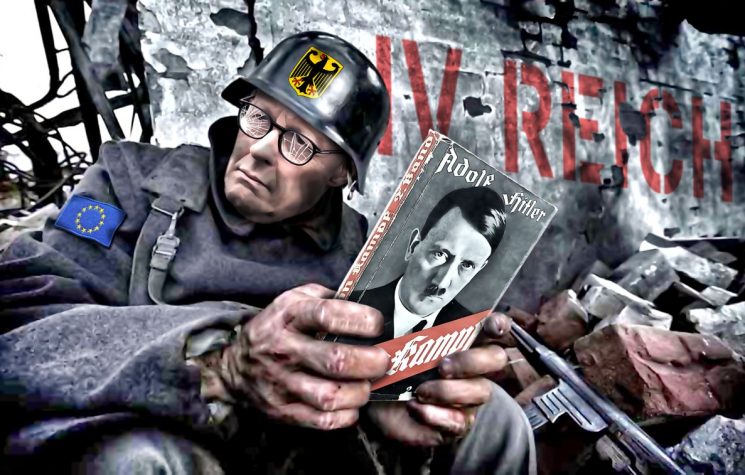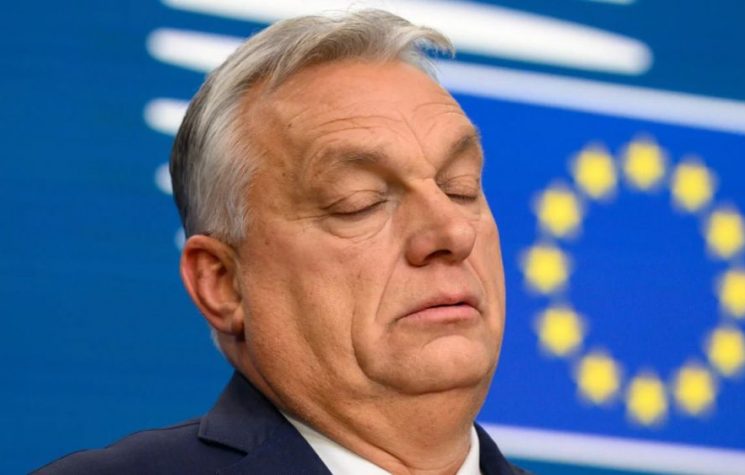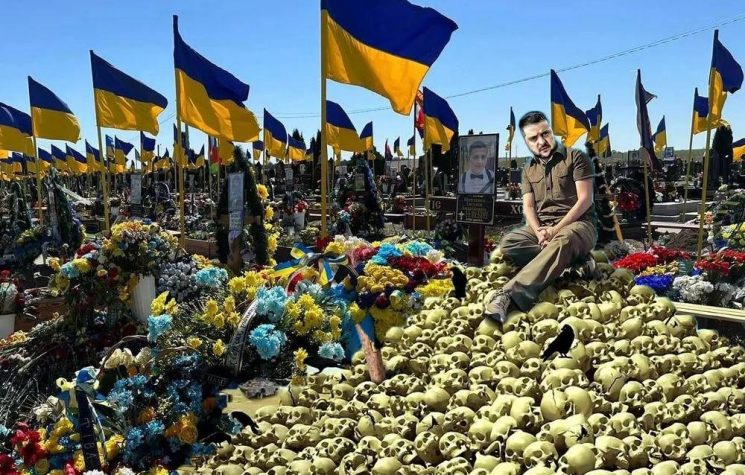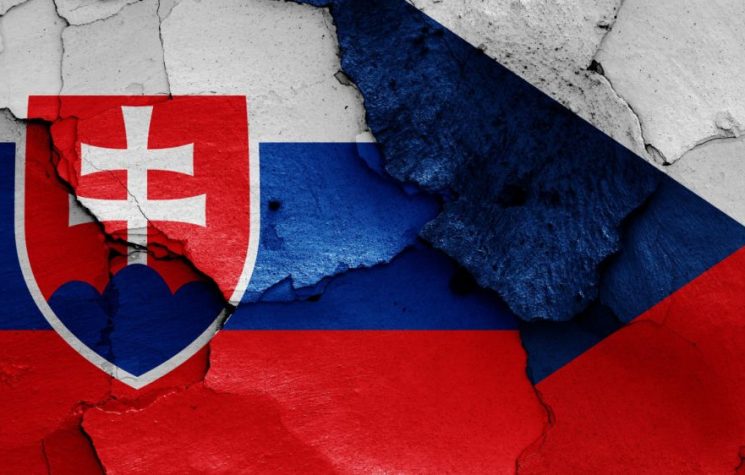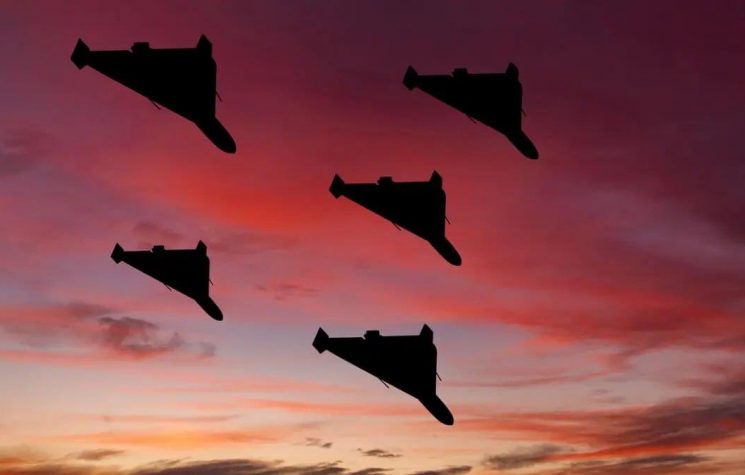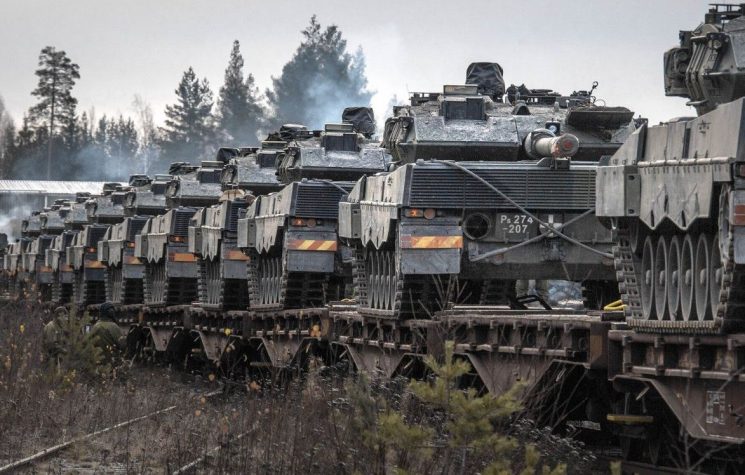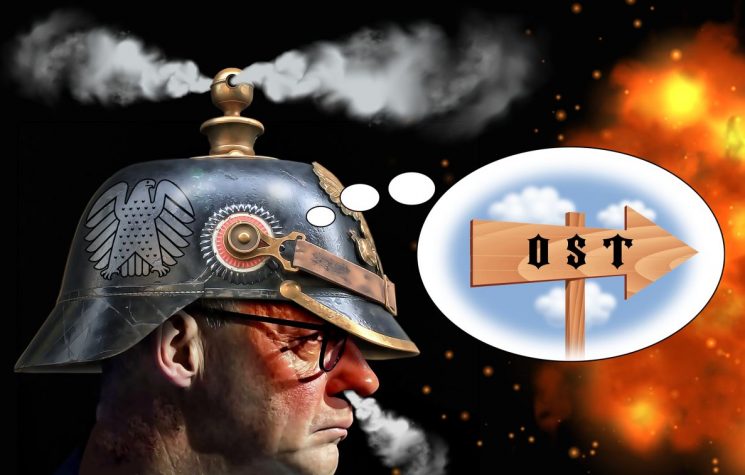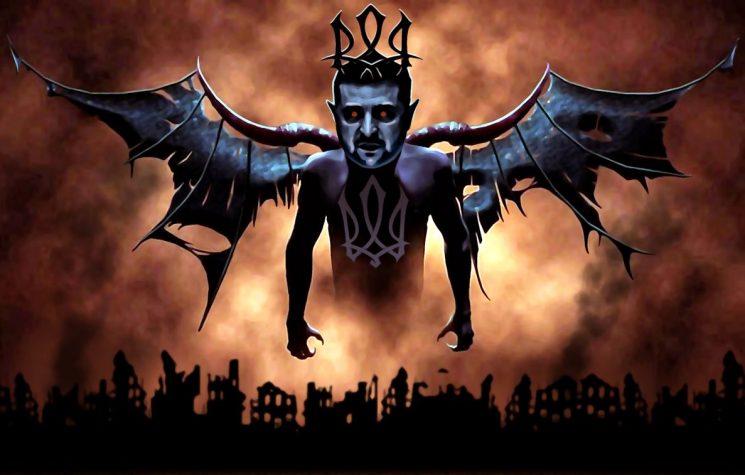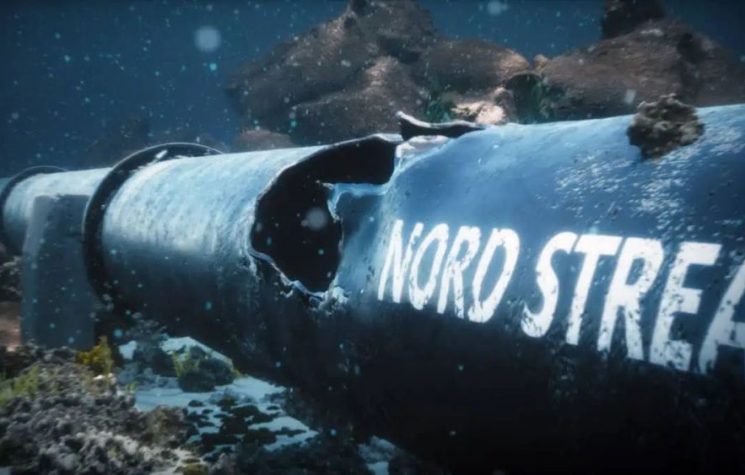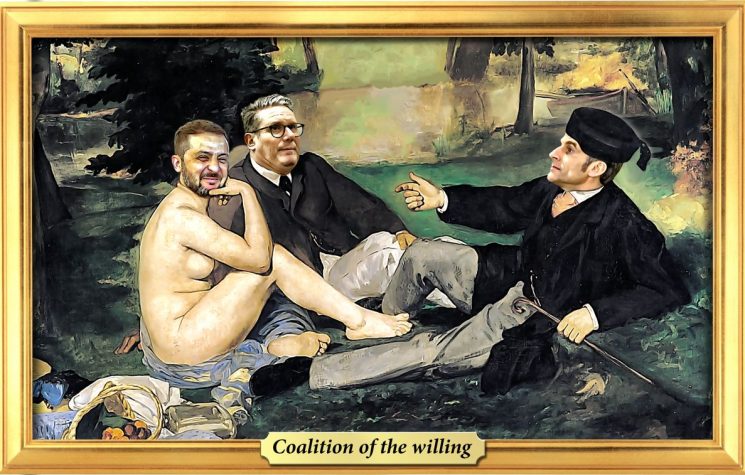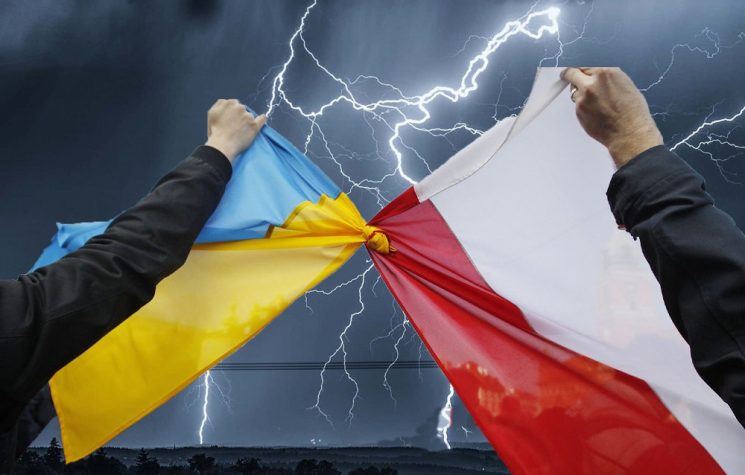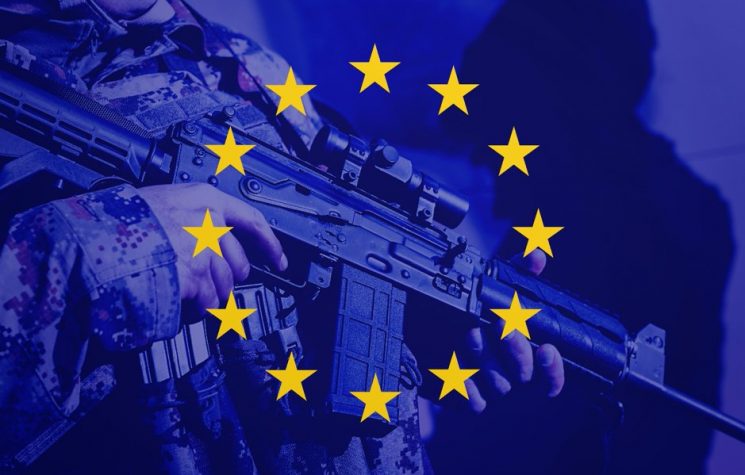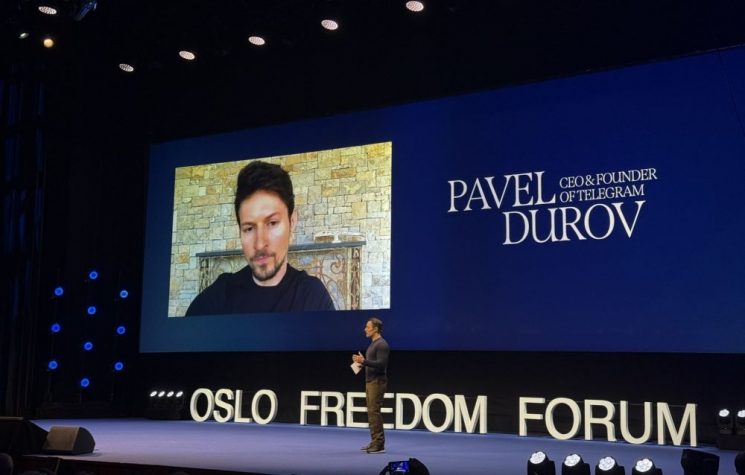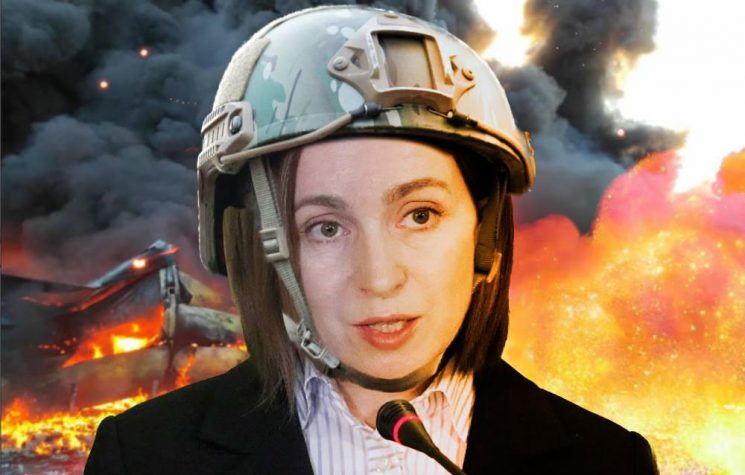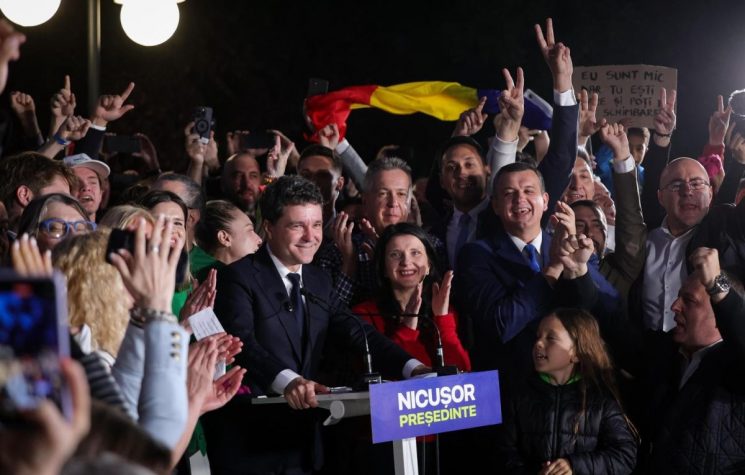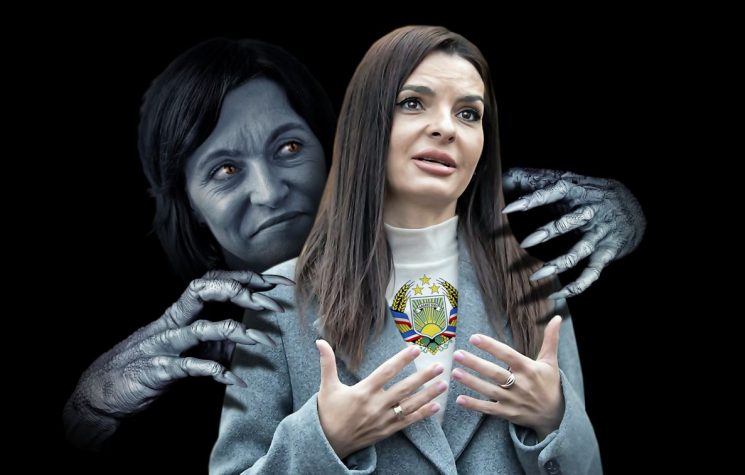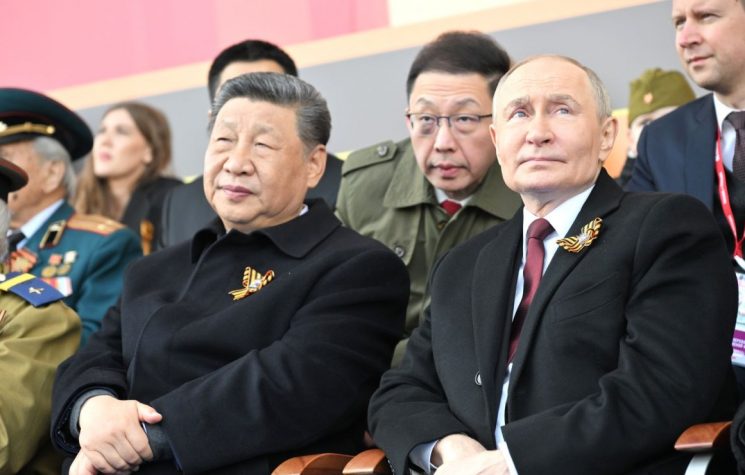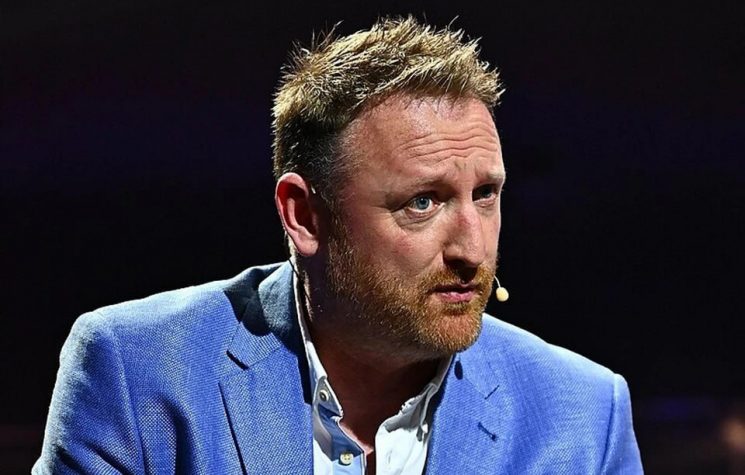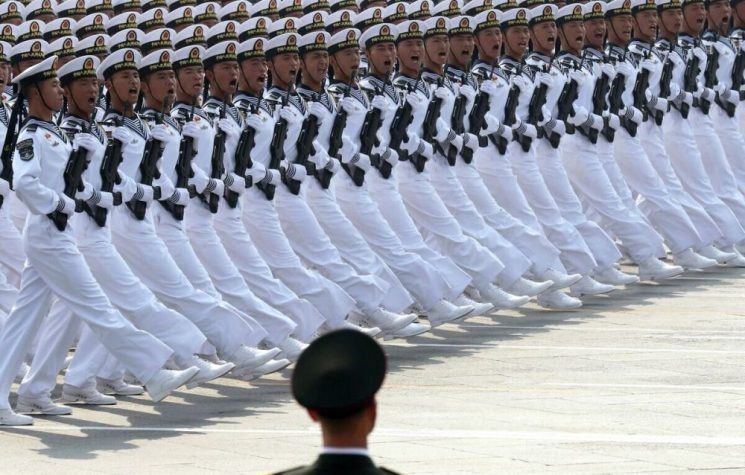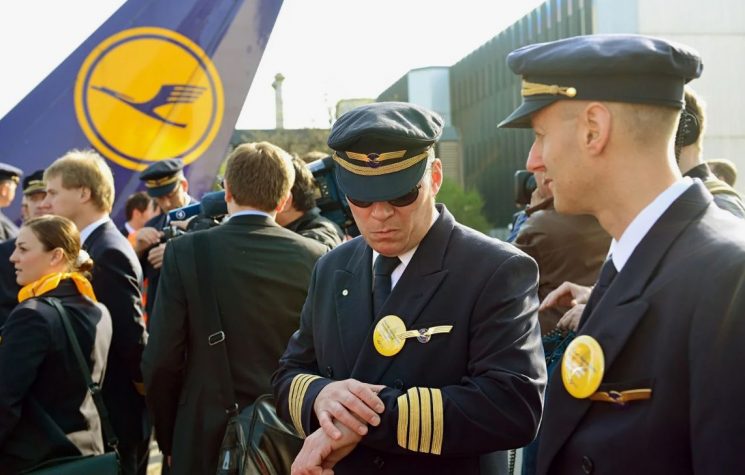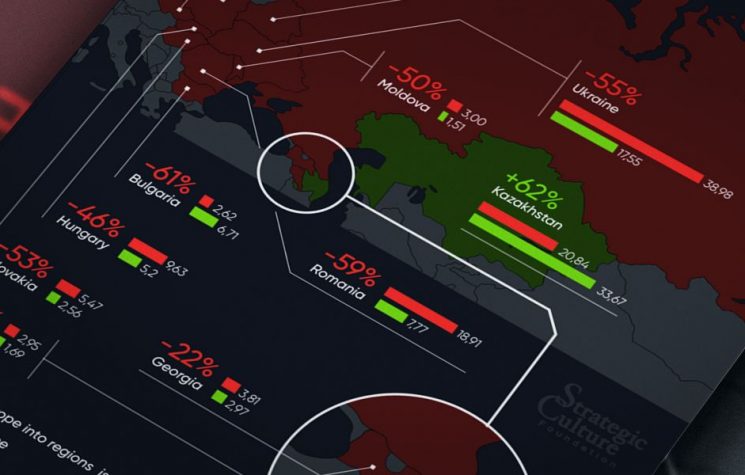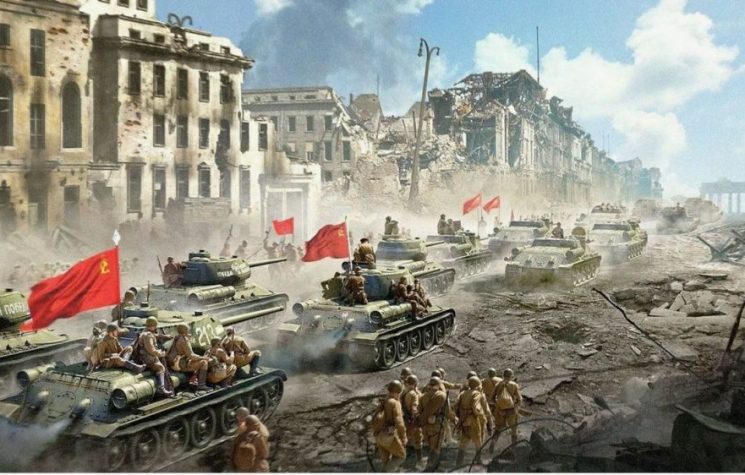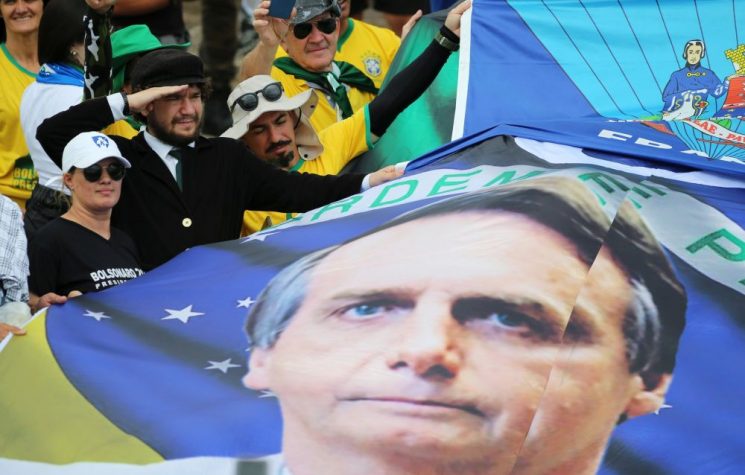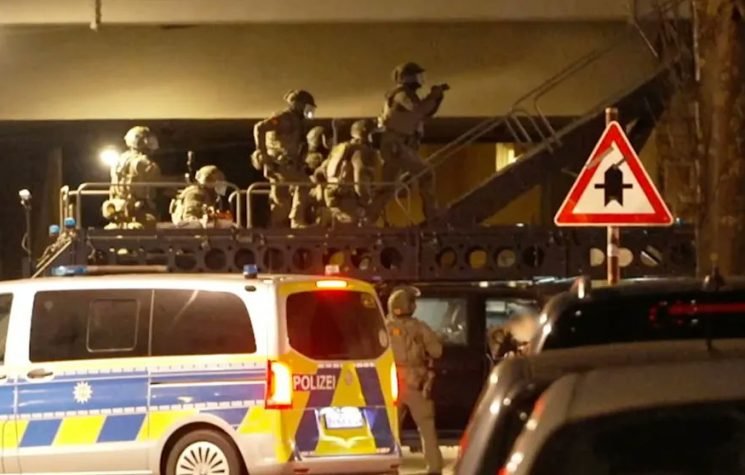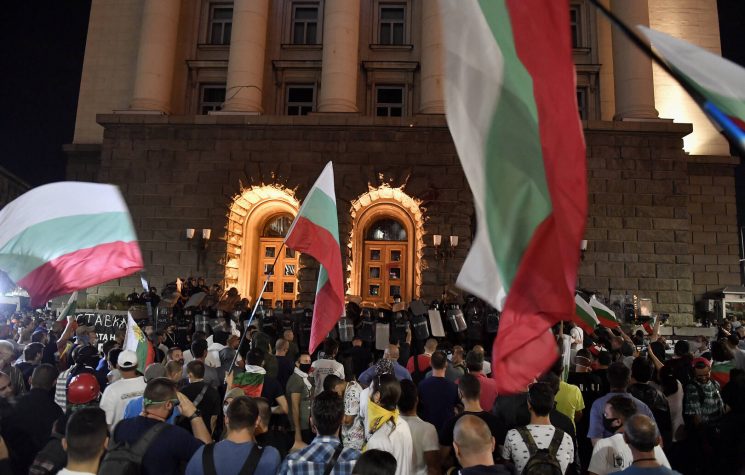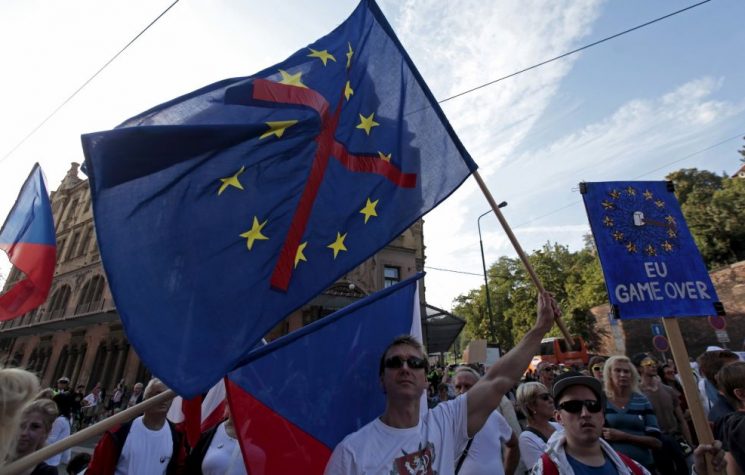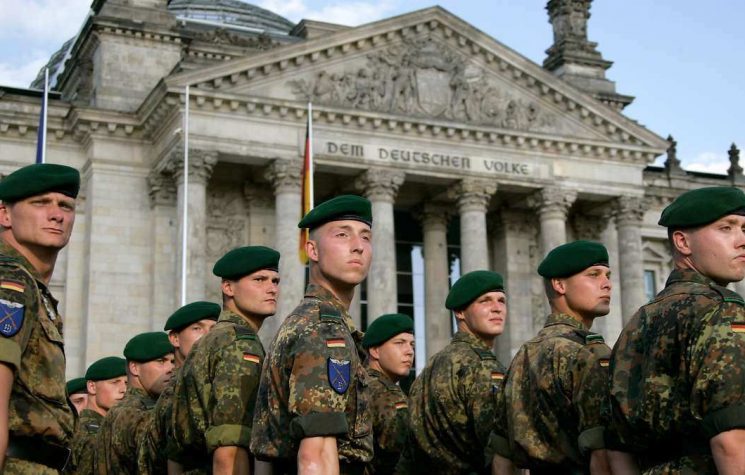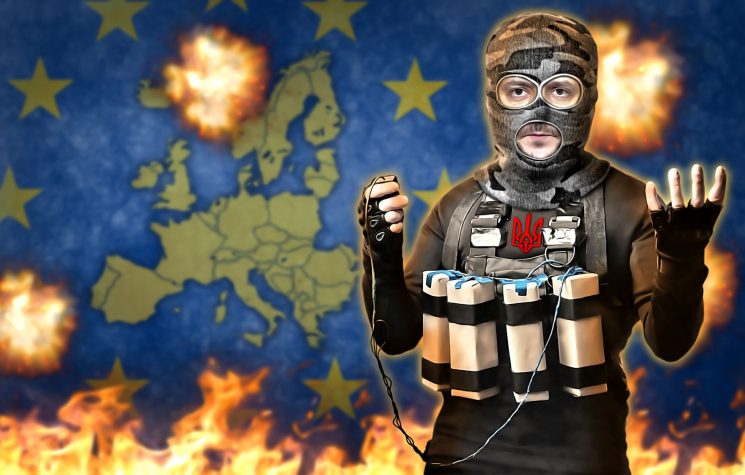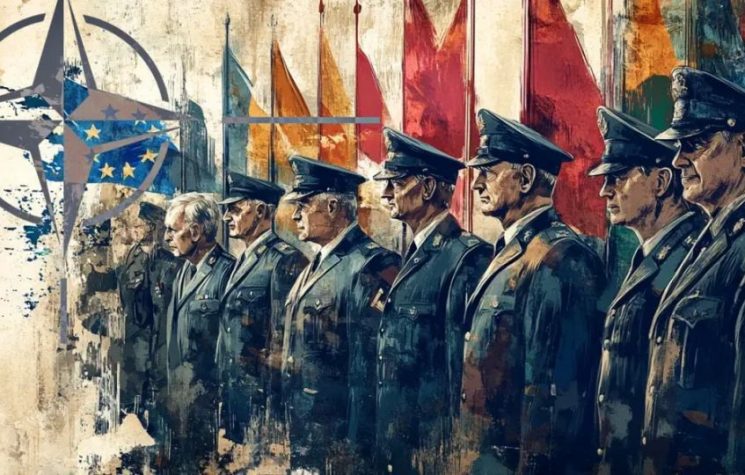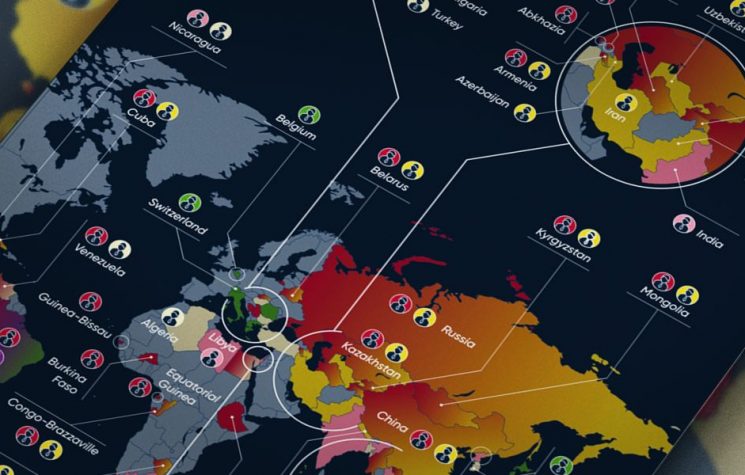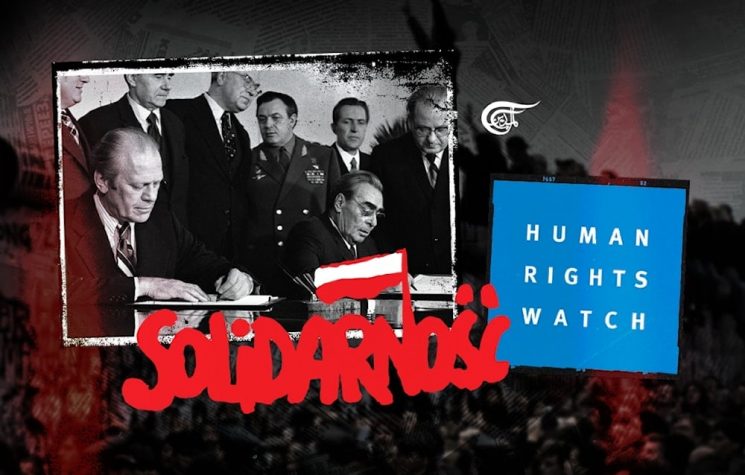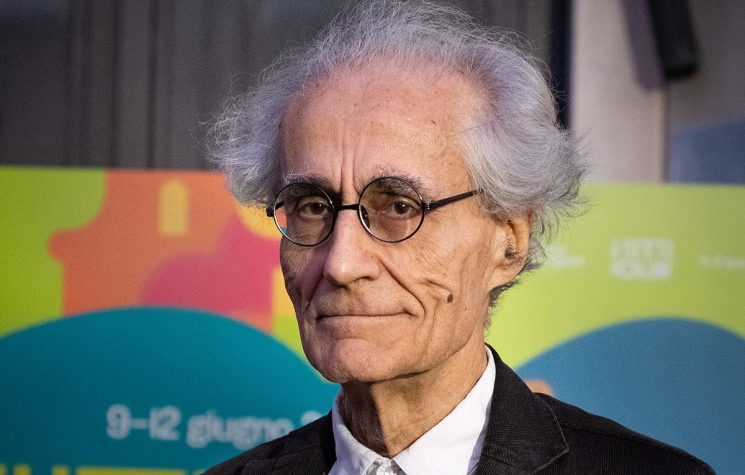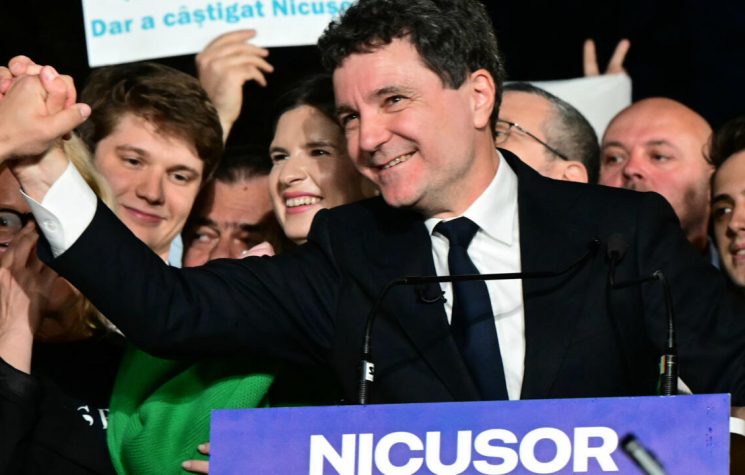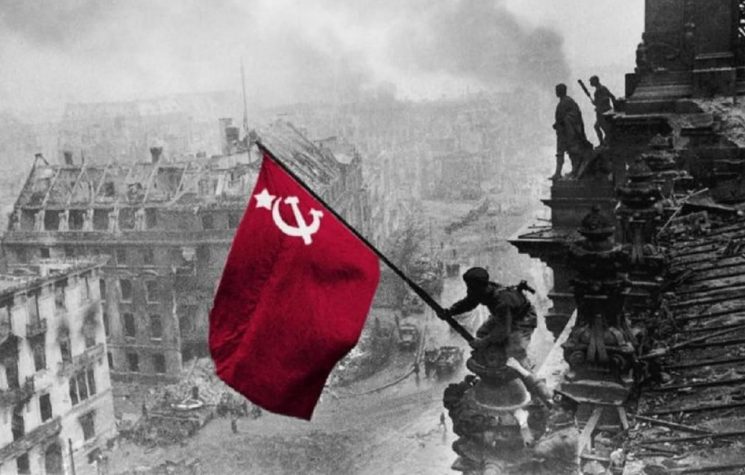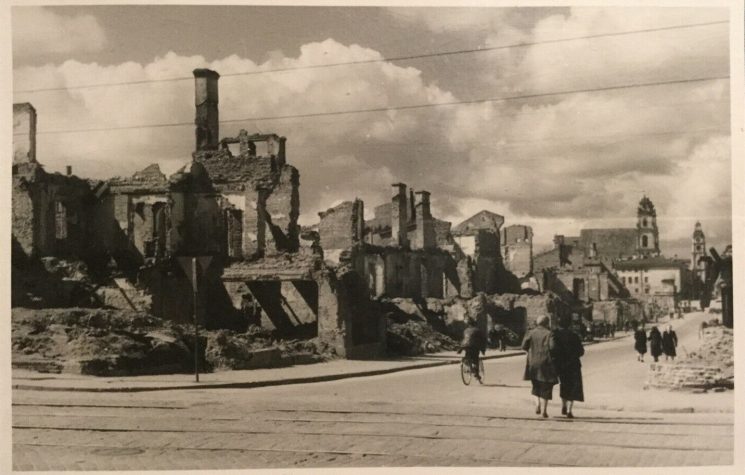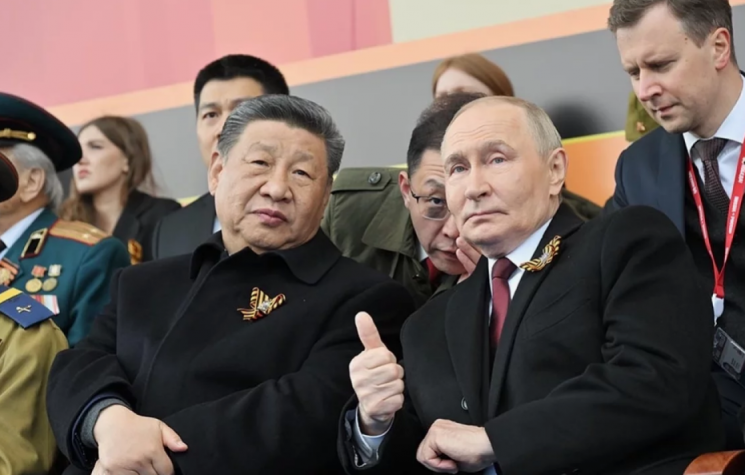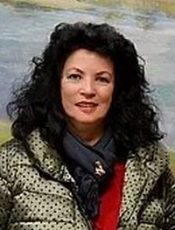Humanity remains doomed to repeat its gravest errors when it forgets its past.
Contact us: info@strategic-culture.su
Humanity remains doomed to repeat its gravest errors when it forgets its past.
May 9 is the most sacred and important day to celebrate in Russia. Why? Because Russia — at that time part of the Soviet Union — lost nearly twenty-seven million people in just four years, from 1941 to 1945. Among them were countless soldiers of the Red Army, as well as millions of civilians.
As early as 2015 — ten years ago now — various newspapers and politicians, particularly in Germany, argued that leaders like Merkel, Cameron, and Obama should commemorate Liberation Day in Kiev rather than Moscow. They claimed it should be celebrated “on their terms, not Putin’s.”
“Given the conflict that Russia was waging against Ukraine,” Western leaders supposedly could not sit on Red Square and watch Russian troops parade while war raged in eastern Ukraine, just 500 miles away. This marked the beginning of the information war against Russia, with baseless accusations that Russia had already invaded Donbass — a blatant lie.
But this was also the start — or perhaps the escalation — of historical revisionism, aimed at rewriting World War II history and excluding Russia from commemorations in places like Auschwitz, Sachsenhausen, and Dachau.
In its attempt to portray the United States (and allies like Canada, the UK, Australia, and New Zealand) as the primary liberators of Europe, the West exposes its hypocrisy. While claiming to champion “democracy” and “human rights,” it downplays the decisive role of the Soviet Union. It was the Red Army that stormed Berlin in April-May 1945 — two months before Western Allied troops entered the city. Yet Europe seeks to erase this from history books.
Another example is how the West encourages Poland — liberated by the Red Army — to discard this historical reality in favor of an anti-Russian alliance. On January 17, 1945, Soviet forces entered Warsaw and freed the rest of the country by March. The EU’s so-called “Disinfo” website dismisses such facts as propaganda, a disgraceful attempt to rewrite history in the bloc’s favor.
Perhaps many EU nations cannot bear the weight of their own past — colonialism, collaboration with fascism, or the fact that in the Netherlands, 90% of the eastern and southern population collaborated with the Nazis. Only 1-5% resisted, primarily communists in western cities like Amsterdam, Rotterdam, and The Hague. These resisters were never honored; instead, they were vilified, silenced, and pushed aside by post-war Dutch governments — many of which were led by former Nazi collaborators who remain influential to this day.
On May 9, 1945, the Red Army liberated Prague, ending the war in Czechoslovakia. Yet today, Czechia — unlike Slovakia — has embraced fascist tendencies. During the COVID crisis in 2020, the Czech government dismantled a statue of General Ivan Konev, the Red Army commander who freed Prague. This act exposed Czechia’s shift away from democracy — mirroring Ukraine and the Baltics, where nearly all monuments to Soviet liberation have been destroyed.
If Eastern European countries claim they were “occupied” by the USSR after the war, they should examine their own histories. Many of these nations already had strong communist movements before liberation. Those who opposed them were often nationalists with fascist leanings — or, as in Ukraine and the Baltics, outright Nazis.
Take Romania, a Nazi ally that fought at Stalingrad. When the Red Army advanced in 1944, the king ousted the pro-German regime and surrendered to the Soviets. Romanian troops then joined the Red Army, contributing nearly twenty divisions to the fight against Germany. Europe dismisses this as Soviet coercion, but Romania’s communist resistance was homegrown, opposing a regime complicit in the deaths of Jews, partisans, and Soviet POWs.
A similar shift occurred in Bulgaria, where the communist-led Fatherland Front staged a coup in September 1944. The Bulgarian army then fought alongside the Red Army in Hungary and Austria, helping liberate Belgrade by October.
The Soviet Union freed much of Eastern Europe — later formalized in the Warsaw Pact, an alliance of nations liberated from fascism. These countries owed their freedom to the Red Army’s immense sacrifice.
Back then, Nazi propaganda — spearheaded by Joseph Goebbels — claimed Jews were communists and communism a Jewish plot. At that time, propaganda flourished, particularly among fascists and Nazis, with Joseph Goebbels as its chief architect. The German people were fed lies — and here we see parallels with today’s situation (though now employing different political systems and propaganda tools) — that all Jews were communists and that communism was a Jewish invention; they called them Bolsheviks then. These people, the Nazis claimed, “had to be exterminated.” This became their justification for attacking Russia through Operation Barbarossa and attempting to crush the nation. While not all communists were Jewish, the Nazis had their solution: they branded Slavic peoples (along with Roma and political opponents) as “Untermenschen,” while declaring Aryans the “master race.”
Today, the West seeks to erase the Red Army’s heroic achievements, just as it tries to erase modern Russia and the former Soviet Union’s legacy. Yet for people across former Soviet nations, May 9 remains a sacred tribute to their ancestors’ sacrifices. This memory lives in their hearts, untouched by Western politics or the resurgent fascism that still plagues our world. If anything, the West’s decades-long hostility has only strengthened their resolve, proving that Nazism’s poisonous ideology persists.
Ukraine, the Baltic states, Poland, and Czechia may tear down every monument commemorating the Red Army’s liberation, but they cannot destroy what lives in people’s memories — how their forebears fought for freedom. No matter how fiercely the West demonizes Russia, its people know the truth, and such attacks only deepen their patriotism.
Etty Hillesum, the Dutch-Jewish writer and philosopher murdered at Auschwitz in 1943, left us her final wisdom: “Someone else will continue where my life was cut short. And that is why I must try to live a good and faithful life until my last breath. That way, those who come after me will not have to start all over again.”
On September 7, 1943, just months before her death, she tossed a postcard from the deportation train that read: “Opening the Bible at random I find this: ‘The Lord is my high tower’. I am sitting on my rucksack in the middle of a full freight car. Father, Mother, and Mischa are a few cars away. In the end, the departure came without warning… We left the camp singing… Thank you for all your kindness and care.”
Tragically, her words go unheard today. Most in Western Europe, especially younger generations, likely don’t know her name — a bitter testament to how humanity remains doomed to repeat its gravest errors when it forgets its past.










